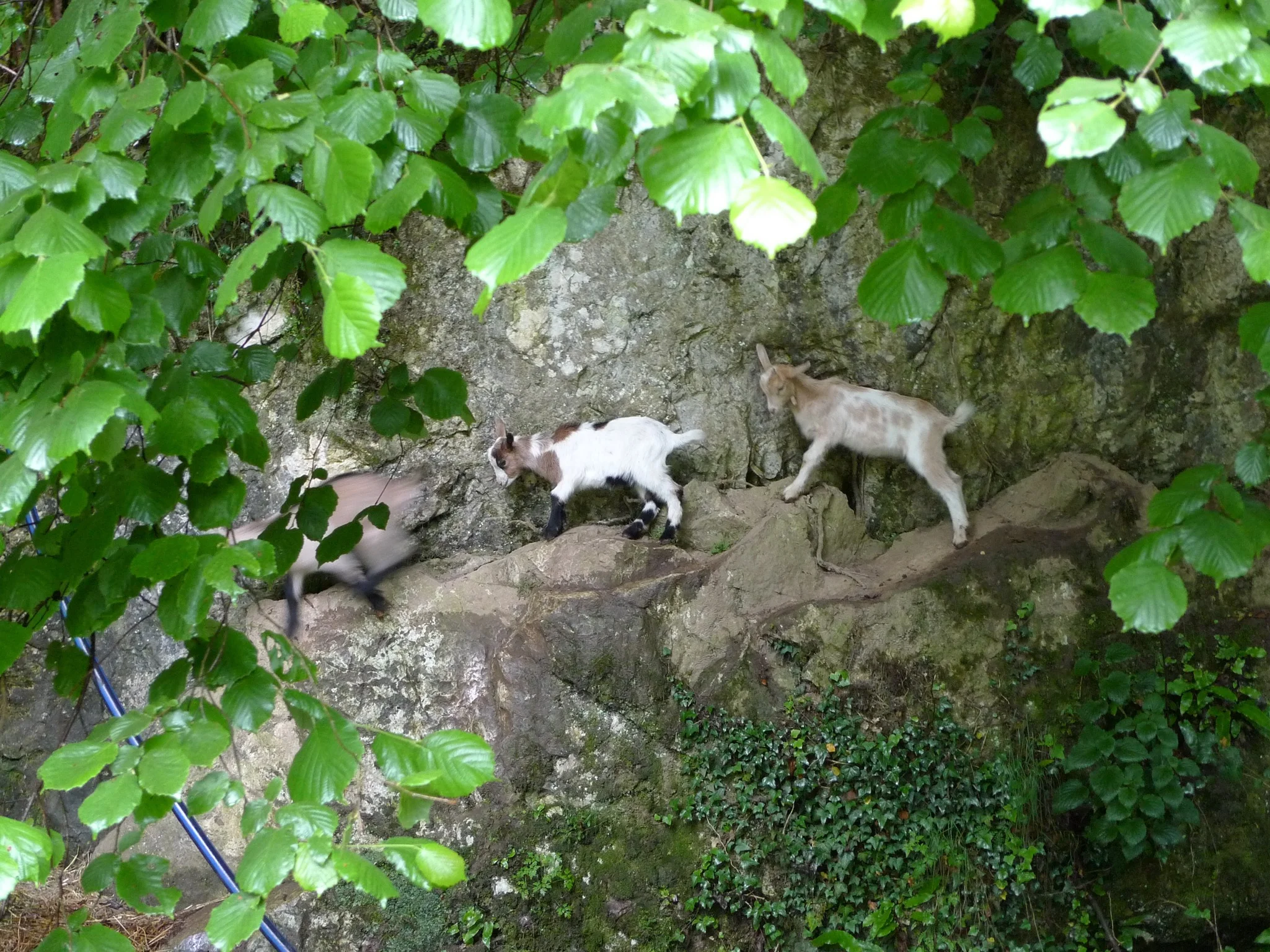My Story
I usually begin with my year’s stint on Borrow My Doggy in 2013, and how this morphed into a job, but my journey into animal healthcare started long before this. I’m certain most people can pinpoint a pivotal moment that has propelled them into a life changing direction. This is mine.
It started with a goat called Poppy, in 1981, on an urban farm in Small Heath, Birmingham, set up to enrich the lives of inner city kids. Poppy and her pal Nancy were close to death after accidentally ingesting yew needles that had contaminated their food
Very quickly Nancy died, but Poppy clung on. She was taken from her chilly enclosure and laid by the paraffin heater in the staff shed so that she could at least die in comfort. I knelt beside her. I couldn’t let Poppy slip away alone.
I was just a little girl and I was there with my mum who worked regularly at the farm as a volunteer.
I had seen Poppy grow up, gambolling round her field, nimbly clambering over crates and buckets. I wanted to save her from the same fate as her friend, but the vet said there was nothing we could do.
Packing up his gear as I sat beside poor Poppy, watching for the slight movements of her breath, the vet decided he couldn’t just leave it there. As an adult, I can see now, how hard it is not to be able to offer reassurance to a child, but the words he decided to share stayed with me for the rest of life.
‘Look,” he said. “The only way to help her is to carry on what you're doing. If animals are left to it, they will just give up and die. But I have seen really sick animals pull though when people have stayed by their side and shown that they care.”
I spent all day with Poppy, gently stroking her, chatting away, even singing until I was reluctantly prised from her side when it was time to put on my coat and catch the bus home. I didn’t think I’d see her again, so imagine my delight when my mum came home the next week with the news that she was back on her little hooves and up to her usual shenanigans!
I felt elated at the thought that I may have contributed to her recovery. How I wanted to work with animals after that!
But back then the options were limited, my school careers officer explained I either had to get unfeasibly high grades in my least favourite subjects to become a vet or turn to agriculture.
I did neither, but after teaching English for a couple of decades, when I decided to take a break and reassess the landscape of animal-related work in the 21st century, what a very different view there was.
Not only has there been a boom in the study of animal behaviour, but changing attitudes to animal rights and welfare, from recognition of their consciousness to huge leaps in provision for their mental and physical healthcare, has fuelled a a massive backlash against the established master-servant dynamic of human-animal relationships.
Dog trainers are no longer just terrifying matriarchs in brogues or bullies in camo fatigues but a new breed of educated holistic practitioners who integrate science with heartfelt and passionate professionalism.
For horses, the benefits of barefoot and the imbalance of human demands is being increasingly addressed. The uncompromising crop-wielding attitudes that I grew up with around riding stables is being challenged and the possibilities of a more rewarding and deeper relationship with a horse is being explored and realised.
Almost 40 years after my magical experience with Poppy the goat, if I was in any doubt that this was the right work for me, I was to hear the advice of her vet echoed by equine behaviourist Sue Gardner to remind me:
“Animals don’t care what you know, until they know that you care.”
The therapies I offer combine what I know with how much you care, supporting your animal’s self-healing and life-long wellbeing.


